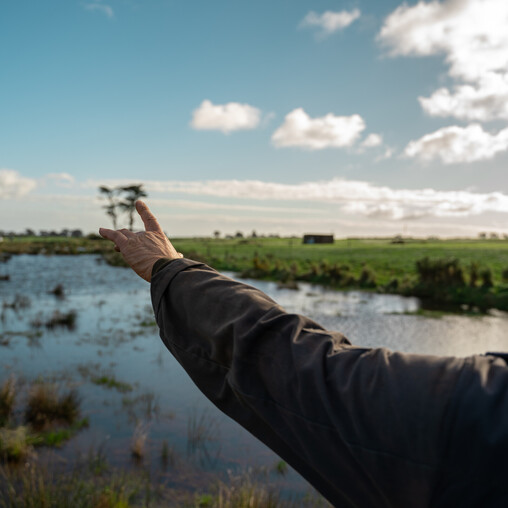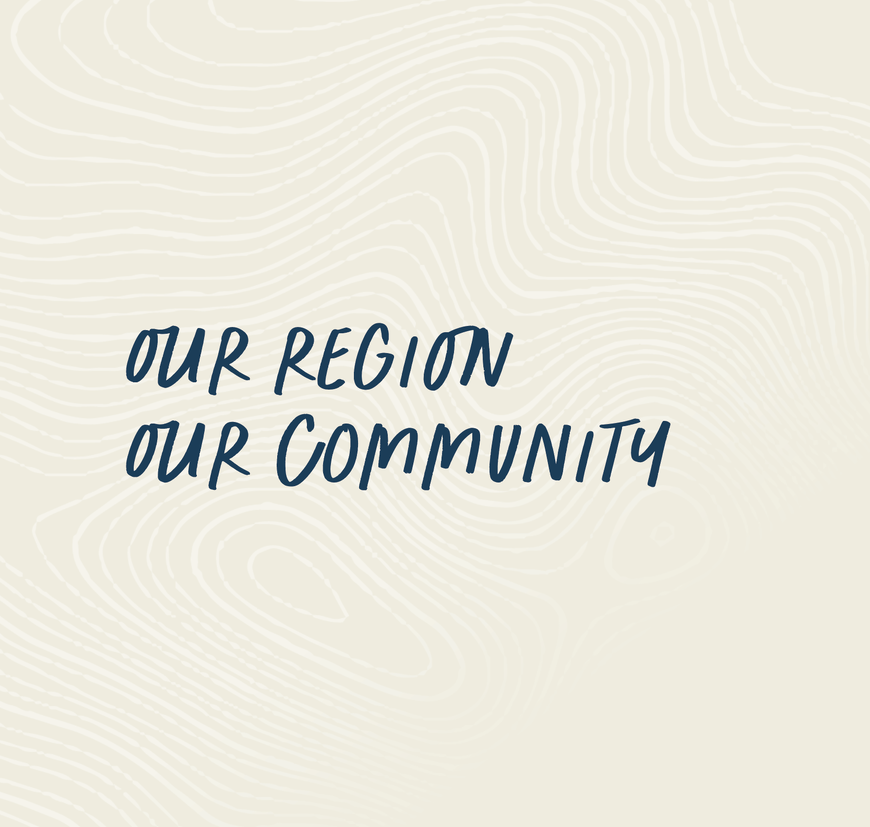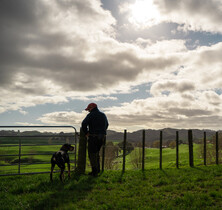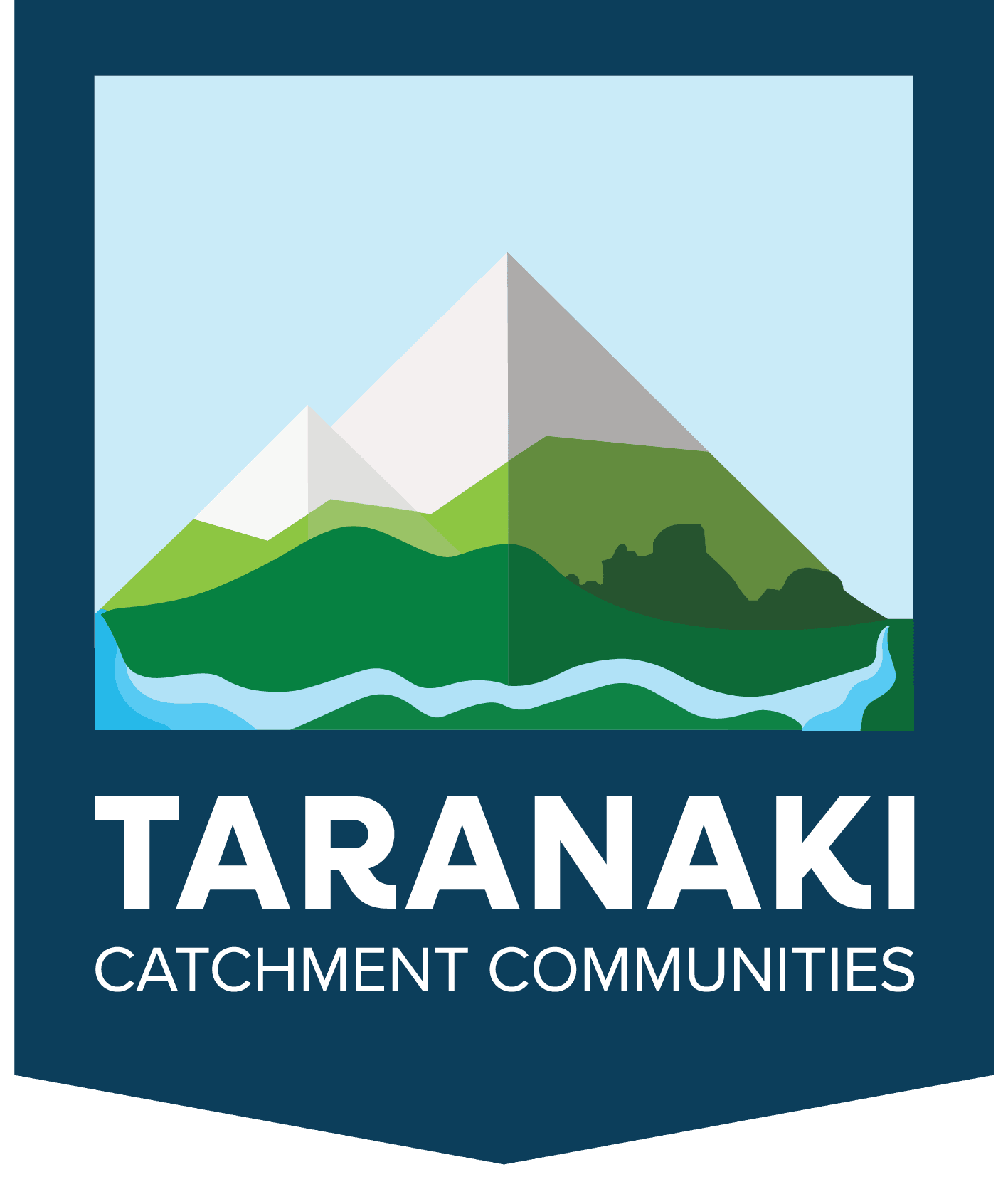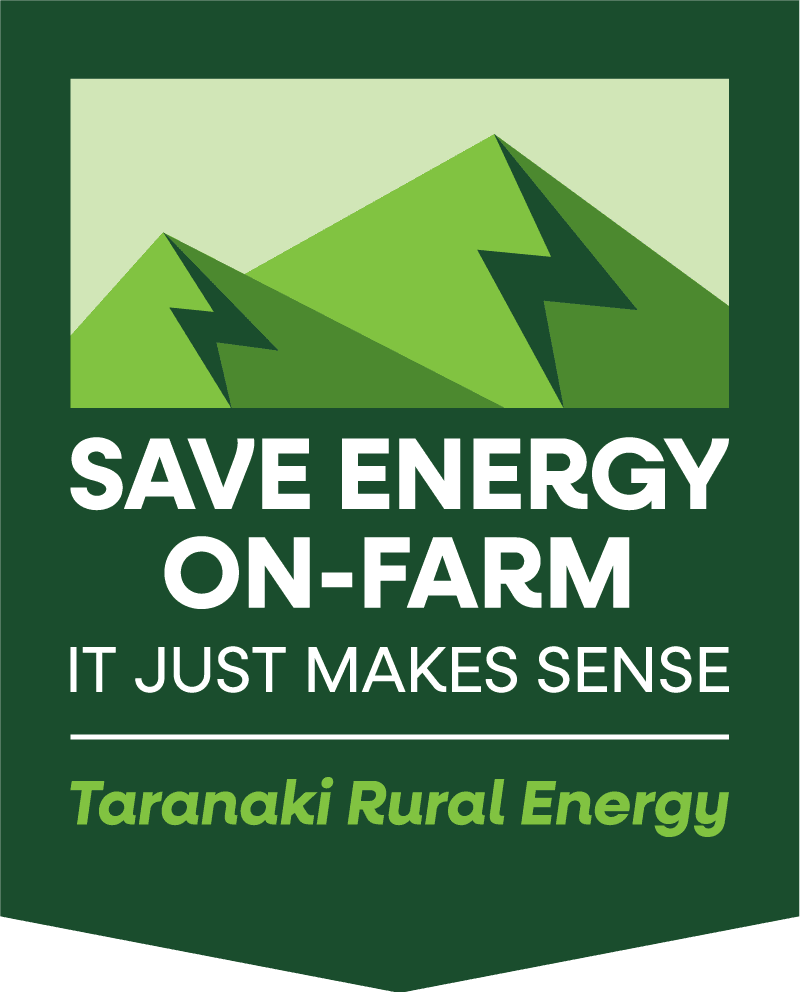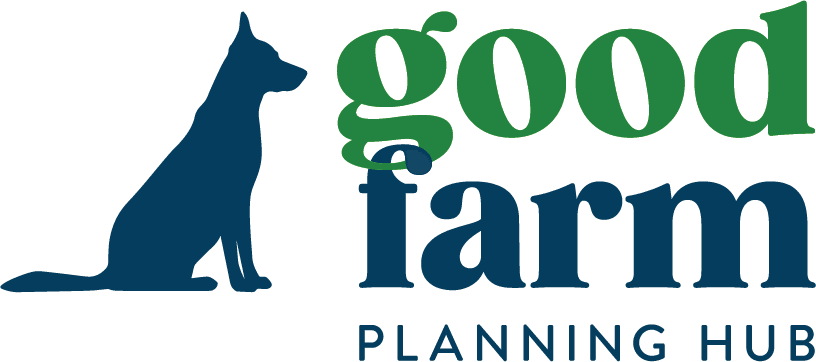Background
A group of farmers and growers from around Taranaki, together with Venture Taranaki, initiated discussions early in 2020 about the challenges facing the rural sector and the possibility of establishing catchment communities around the region. This group came together as Taranaki Catchment Communities (TCC) with the aim to lead, engage and mobilise Taranaki’s rural sector to ensure a more environmental, economic and socially sustainable future.
Funding from MPI enabled TCC to work with individual catchment groups from around the maunga to identify priorities and actions that would contribute to the sustainability of their communities. At the core of this project is the strength and diversity of the farmer-led TCC, who had already identified the need for change and the desire to create models and learnings that can be shared industry-wide. A farmer-led approach ensures those most impacted by proposed actions are at the forefront of driving their response.
Community involvement
There has been a strong groundswell of support from rural Taranaki communities for the work of TCC. To date:
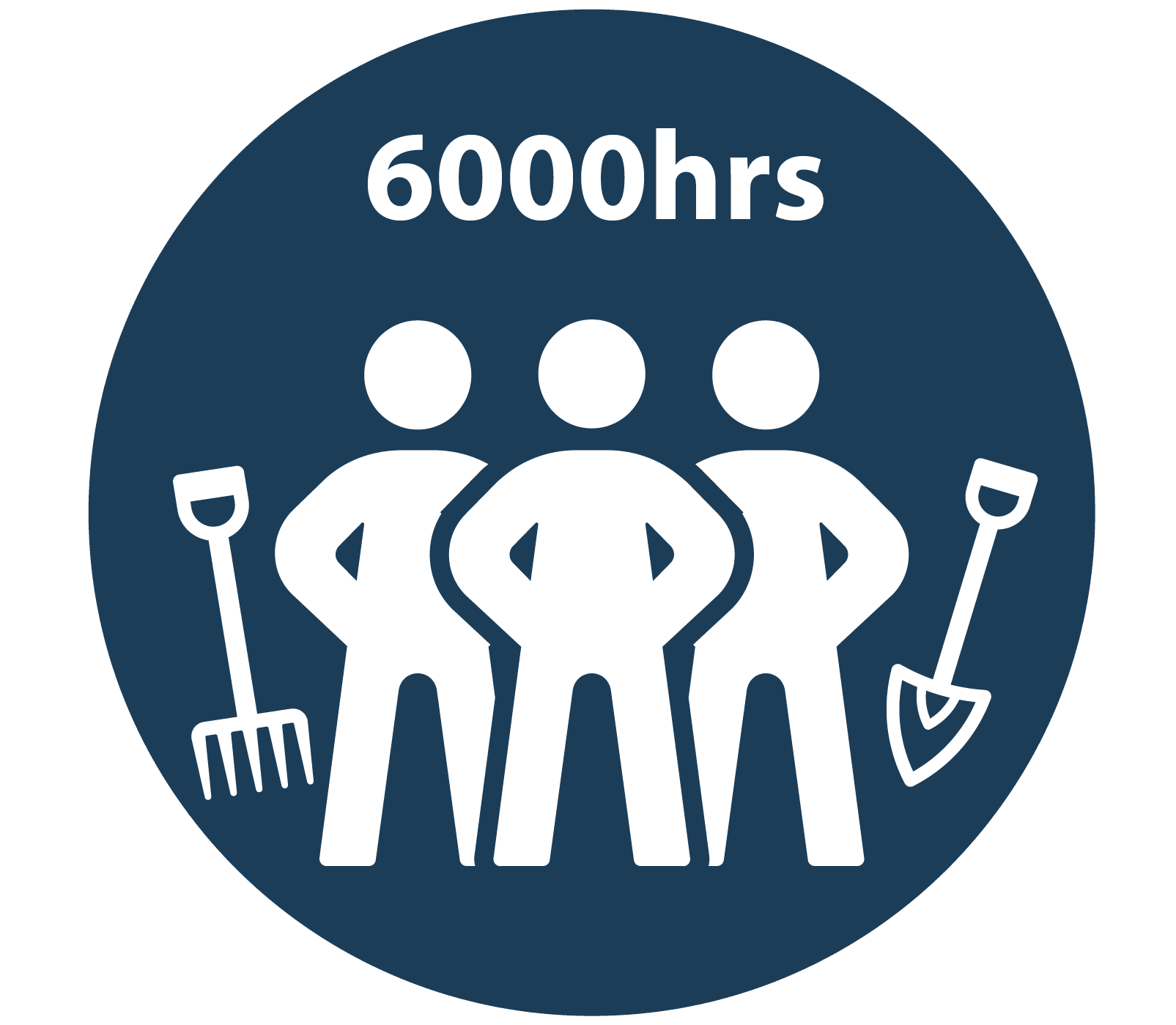
Approx. 6,000 hours voluntarily committed to support this work

500+ farmers attended community meetings
Over 60 events facilitated

15 catchment groups formed + one region-wide working group
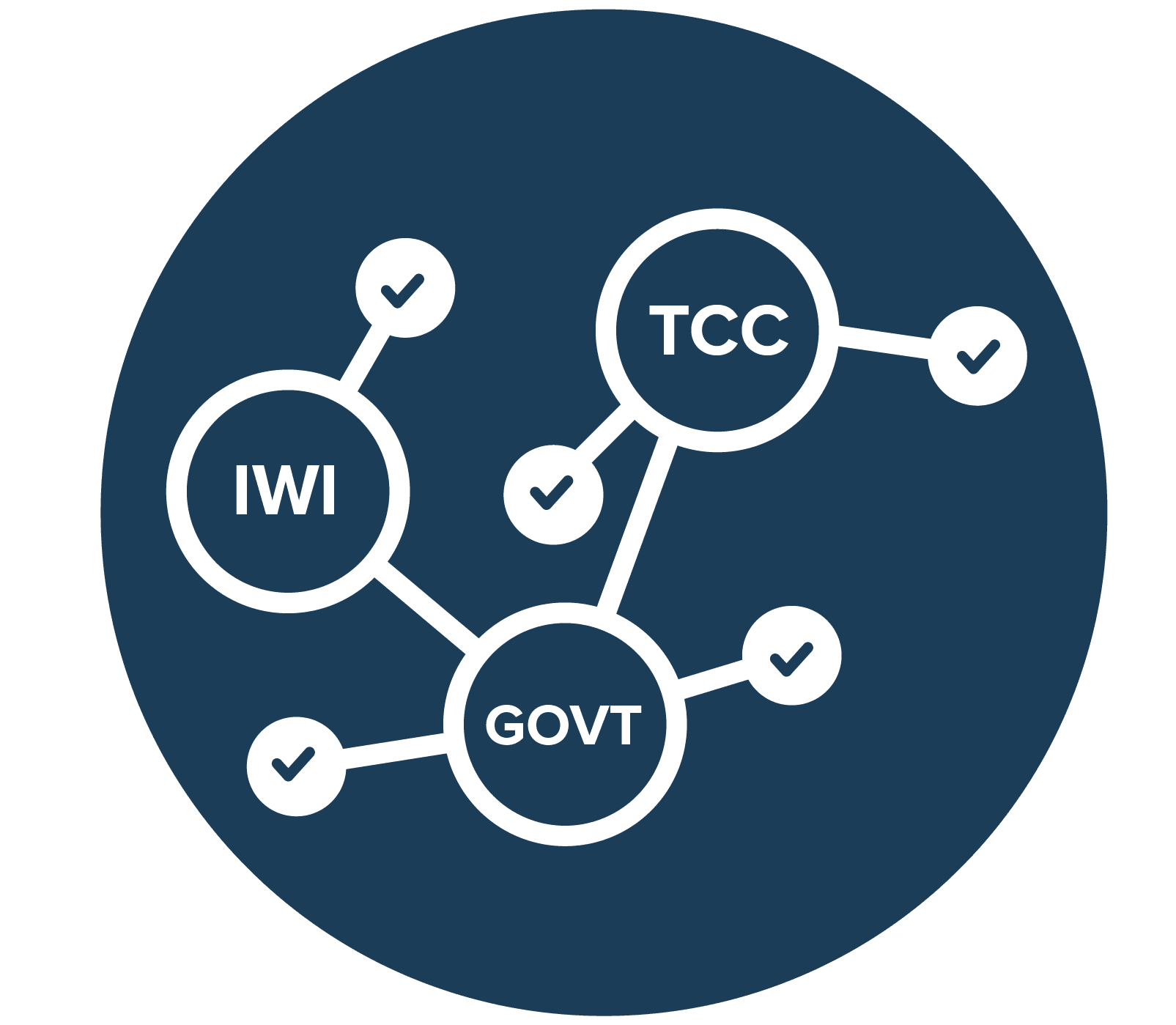
Developed relationships with community groups, local authorities, industry bodies and local iwi.
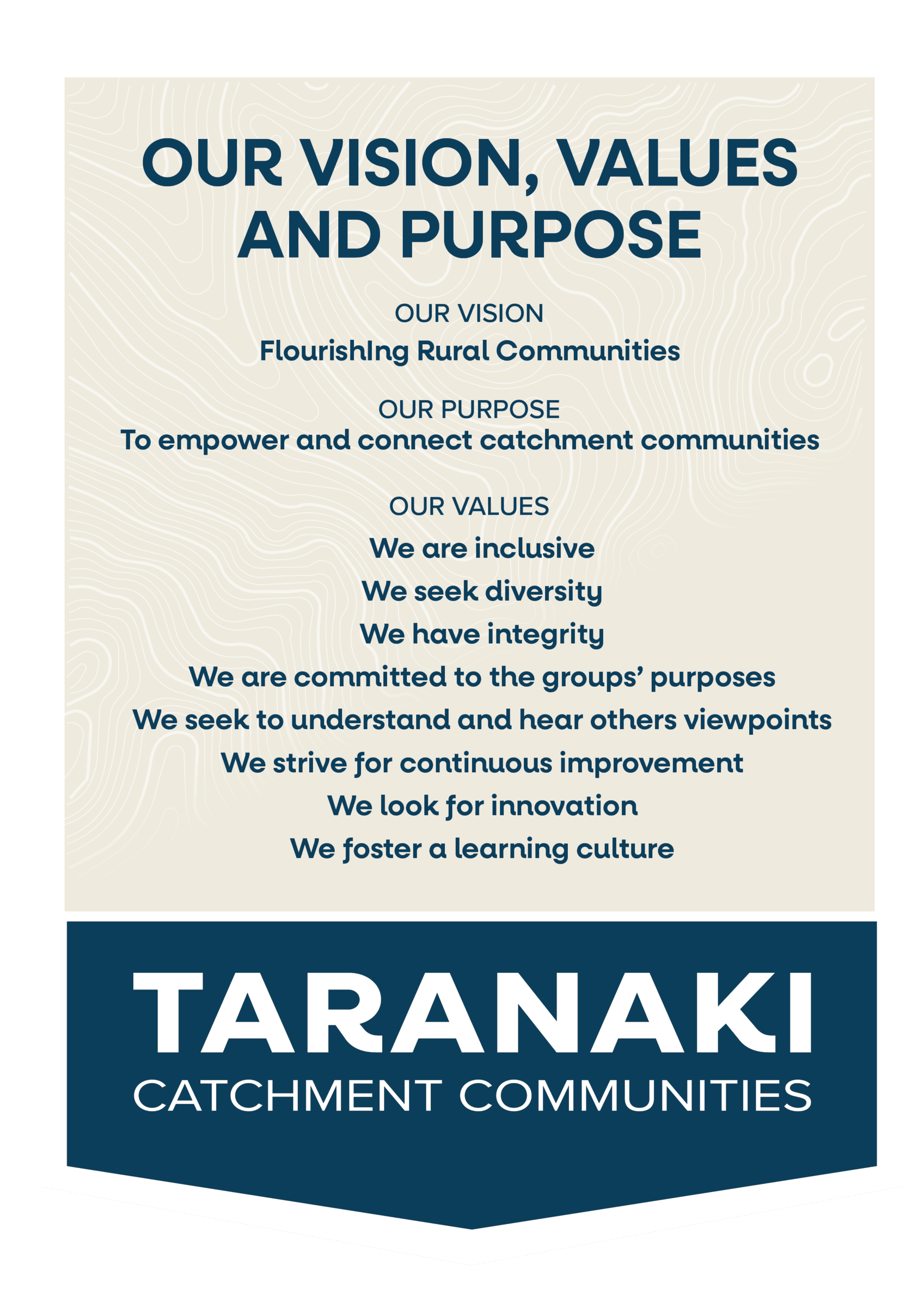
PRINCIPLES
The Principles of the TCC Incorporated Society aim to ensure;
We are farmer led and farmer driven
Local people will be engaged where they best meet the need of the group
Overheads are minimised to ensure funding focuses on groups goals
Stakeholders are engaged to be part of the journey and wider TCC team
Volunteer time is valued and appreciated
We review, analyse and plan often
OBJECTIVES
Objectives: The TCC Incorporated Society will;
Support our catchment groups
Be at the forefront of what is going on
Be visionary, with insight and foresight
Actively identify and collaborate with stakeholders
Advocate on behalf of catchment groups
Be a conduit to relevant knowledge expertise and innovative solutions

